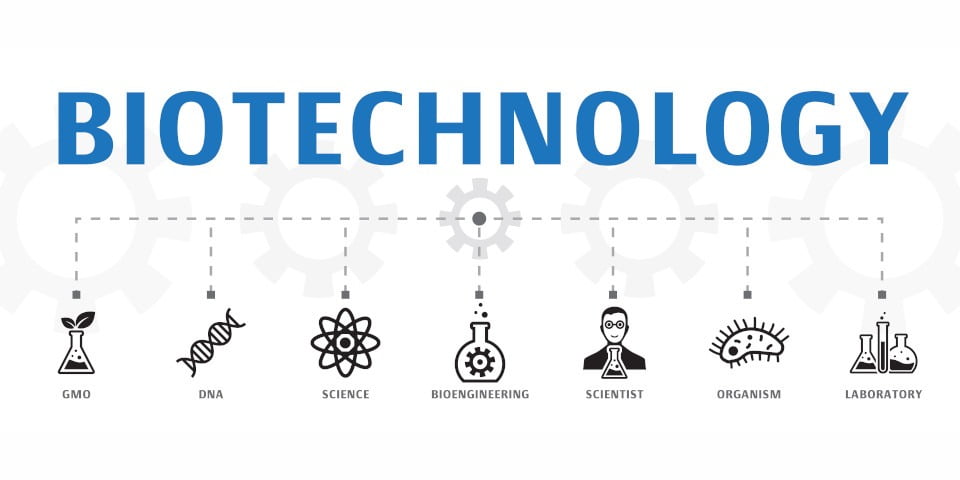Funding allocations for areas related to biotechnology in the 2019-20 budget announcement ignore the real roadblocks standing in the way of a thriving biotech economy in Australia, according to The iQ Group Global CEO Dr George Syrmalis.
He says that although spending measures within biotechnology are welcome, policies to remove the red tape preventing commercialisation would be more welcome.
“The hard truth for Australia is that it can’t be a mining and construction economy anymore,” he said.
“If the government really wants to activate a biotech economy to take Australia through the next 50 years, it needs to introduce supply side reforms to deregulate intellectual property ownership and development.”
Among big ticket budget announcements on tax cuts and infrastructure spending, allocations related to biotechnology included $400 million for genomics research, $60 million for export market development grants, $354 million for clinical trials for rare cancers, rare diseases and ‘unmet needs’, and $23 million to tackle anti-microbial resistance and drug resistant tuberculosis.
Additionally, Treasurer Josh Frydenberg announced $554 million for “emerging priorities and consumer driven research” and $444 million “to support our best health and medical researchers to make breakthrough discoveries, develop their skills and progress their careers in Australia”.
“Australia is ranked fourth in the world for our biotech intensity1, which measures intellectual property patents, research and development expenditure and enterprise support,” Dr Syrmalis said,
“But we rank 81st globally for innovation output versus input2. The policies getting in the way of commercialising innovation are what need attention,”
The iQ Group Global is a group of life science and financial services companies that discover, develop and commercialise the medicines of tomorrow. It is currently developing the world’s first printable, non-invasive diagnostic test for diabetes management that measures glucose in saliva, not blood. The group plans to carry out a pre-launch strategy for the revolutionary diagnostic test in China in 2020.
References:
- 17th Annual Scientific American World View Biotechnology Scorecard.
- INSEAD Global Innovation Index 2018.








